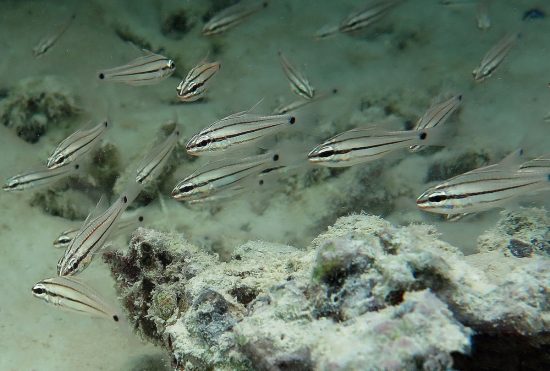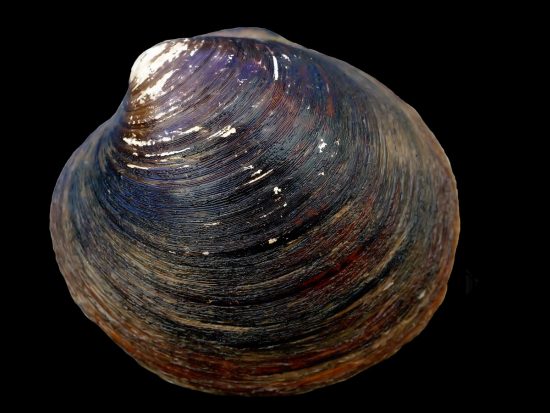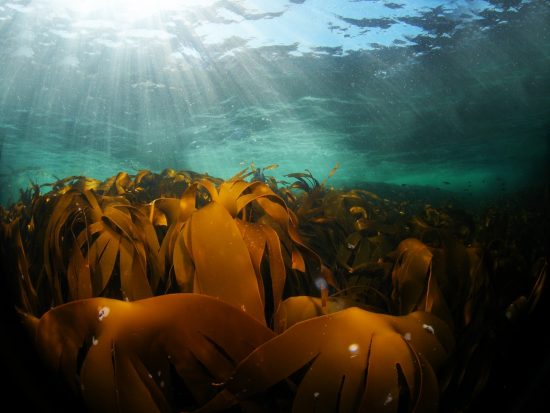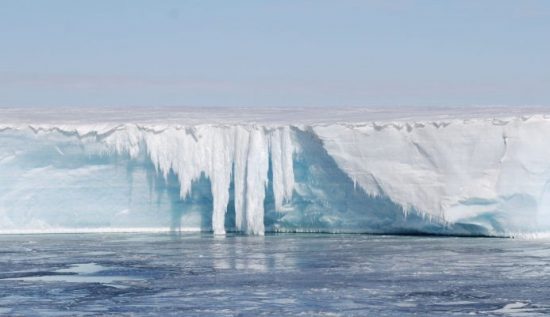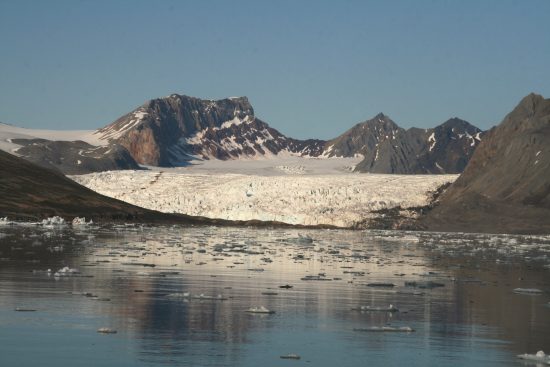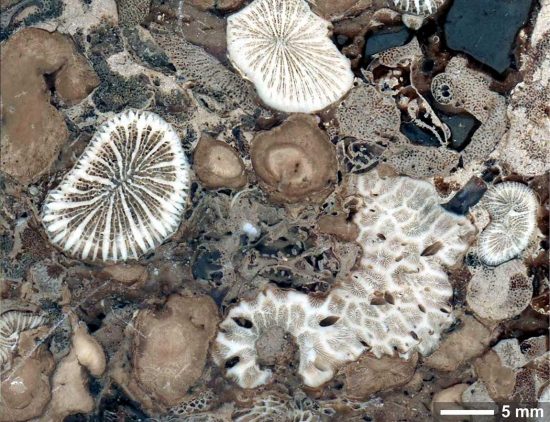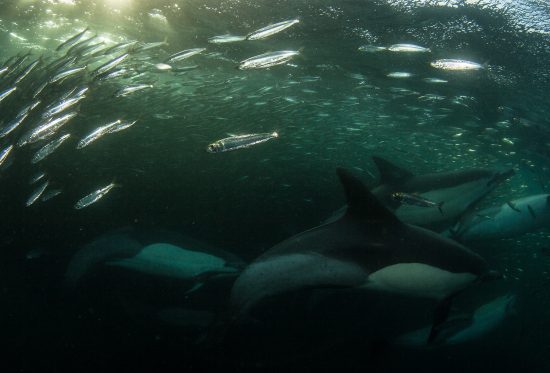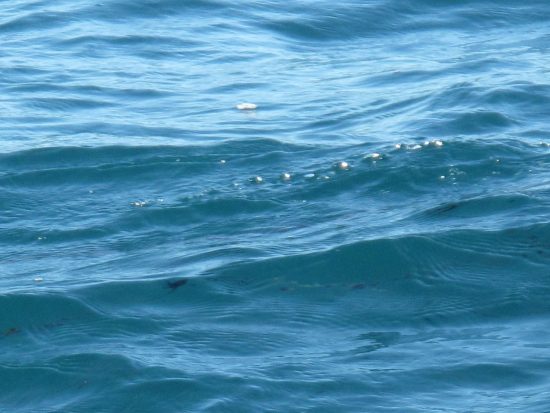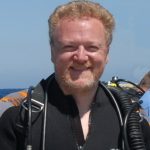
Copepods rise and shine to internal genetic clocks
by Herbert - 7th August 2017
The Calanus finmarchicus is a copepod that packs a big punch. Although just two to four millimetres, this zooplankton’s genetic…
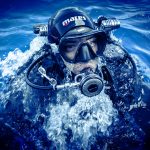
The living dinosaurs of the sea
by Mares - 4th August 2017
Out of the seven species of sea turtles, six have made it onto the International Union for Conservation of Nature's…

3-D Underwater Imaging
by Herbert - 1st August 2017
New age imaging system brings 3-D perspective to underwater sites A revolutionary new multi-function, underwater imaging system has been developed…
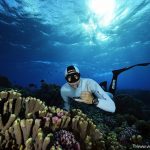
Freediving: Seas vs Lakes
by Gianluca - 31st July 2017
Often those who live near the sea don’t even think about the fact that they can go freediving in other…

Low-oxygen eddies in Atlantic produce greenhouse gases
by Herbert - 28th July 2017
International researchers discover previously unknown processes In 2014, an international research team led by the Kiel Cluster of Excellence “The…

‘Weedy’ fish species to dominate future oceans due to ocean acidification
by Herbert - 24th July 2017
Such fish are “marine equivalent to rats” For the first time, researchers at University of Adelaide have demonstrated that the…
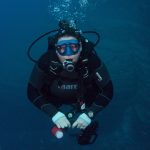
Discovery Channel’s Shark Week finally features females
by Hannah - 21st July 2017
No doubt about it, Discovery Channel’s Shark Week gets a lot of attention with more than 2.5 million viewers in…

Coastal ecosystems threatened by rising water temperatures
by Herbert - 7th July 2017
Higher water temperatures can lead to nitrite accumulation in marine environments worldwide, and this can ultimately disrupt oceanic food webs,…

Underwater landslides may be caused by distant earthquakes
by Herbert - 5th July 2017
Researchers have discovered that large earthquakes can trigger underwater landslides thousands of miles away weeks or months after the occurrence…

Glacial retreat accelerated by meltwater lakes under Antarctic Ice Sheet
by Herbert - 4th July 2017
During the last glacial period, the ice in the Antarctic was thicker and extended farther offshore than it does today.…

Changes in atmospheric CO2 concentration can cause temperature fluctuations
by Mares - 22nd June 2017
Scientists use climate models to investigate fluctuations During the last Ice Age, the influence of atmospheric carbon dioxide on the…

Distant fish relatives share looks
by Herbert - 21st June 2017
Distant fish relatives evolve to look like one another Scientists from James Cook University (JCU) have found evidence that distantly…

Adriatic Cuttlefish
by Mares - 16th June 2017
Cuttlefish or cuttles are marine animals of the order Sepiida. They belong to the class Cephalopoda, which also includes squid,…

Lubricated lips helps fish feed on mucus of corals
by Herbert - 12th June 2017
Scientists have discovered a species of fish that has developed a set of self-lubricating lips to consume corals. They have…

Why do krill stocks in Antarctica fluctuate?
by Herbert - 9th June 2017
Climatic influences not as important as previously thought Although just six centimeters long, the Antarctic krill (Euphausia superba) plays an…

Future opportunities for coral reefs
by Herbert - 8th June 2017
In spite of global warming, reefs could change but remain the same Although the world’s coral reefs are under threat,…

Rabbitfish as trojan horses
by Herbert - 2nd June 2017
Researchers identify fish’s role in movement of invasive species. For some time, invasive species have been spreading from Indo-Pacific to…

Corals create structures to promote reef recovery
by Herbert - 31st May 2017
Complex underwater structures catch coral larvae Scientists have discovered that coral larvae are dependent on their parents. By creating nooks…

Iron deficiency inhibits marine microbes
by Herbert - 26th May 2017
Scientists discover important process in nutrient cycle in tropical North Atlantic Iron has been identified as an important nutrient for…
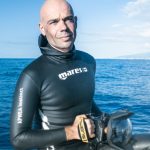
Freediving – a tool for marine biology
by Fred Buyle - 5th May 2017
For my first Mares blog I have decided to write about one of the most exiting projects I’m involved in:…

Kiel Fjord as training ground for mussels
by Mares - 4th May 2017
Genetic adaptation likely to have occurred over many generations Mussels from the Kiel Fjord were discovered to be able to…

Humpback whale calves whisper to keep safe
by Herbert - 27th April 2017
Vocalisations may be used to help mother and calf stay togetherTo avoid detection by killer whales, newborn humpback whales whisper…

Ocean acidification causes coralline algae to adjust internal chemistry
by Herbert - 25th April 2017
Some species show higher tolerance than others For the first time, a new study has revealed that coralline algae, which…
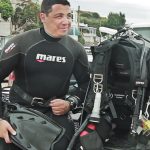
Mediterranean Great Sharks Project
by Emir - 23rd April 2017
The 'GranResearch Program', named 'GREBA', has been running since 2015 and aims to identify, label and study shark species in…

Florida manatee population likely to withstand for 100 years
by Herbert - 20th April 2017
Manatee population to slowly grow and shift northward Florida's manatee population is likely to endure for the next century, provided…

Santorini: How explosive was the Aegean?
by Mares - 18th April 2017
German-Greek research team investigate Santorini's volcanic pastThe Santorini archipelago in the southern Aegean Sea is one of the best spots…

First cave fish in Europe discovered
by Herbert - 5th April 2017
Fish is also world's most northerly cave fishFew species are as well hidden as those that live underground. In Europe,…
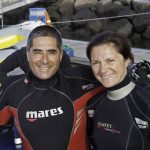
The massive and solitary Sphyrna Mokarran
by Franco and Sabrina - 4th April 2017
A few weeks ago I was leading a micro-group of passionate divers and UW photographers to Bimini Island, a lovely sandy…

Haliphron atlanticus: Deep-sea octopus feeds on jellyfish
by Herbert - 30th March 2017
Octopus then uses tentacles of jellyfish to defend itself The open ocean is the largest habitat on Earth. Within this…

Programming drones to map oil spills
by Herbert - 7th March 2017
Team drew inspiration from mathematical principlesA team from the University of Buffalo is looking into how drones can be programmed…

Yap: Manta Mania in its third year
by Herbert - 2nd March 2017
Science and fascination within one's reachEvery year, during the mating season of the manta rays in Yap, scientists and interested…

Why the cockeyed squid has mismatched eyes
by Herbert - 23rd February 2017
Researchers solve mystery after examining 25 years of video footageThe animals in the deep seas comprise some of the most…

Growing problem of litter in the Arctic depths
by Herbert - 16th February 2017
Sea ice may be responsible for transporting plastic wasteThe Arctic has a garbage problem. In just a decade, the amount…

Catching fish too expensive to eat
by Mares - 9th February 2017
WWF report: Improving fishing management imperative for global food security By 2050, millions of people in the global South (in…

Elevated carbon dioxide levels impairs cone snails’ hunting skills
by Mares - 7th February 2017
Cone Snails become hyperactive and “meandered around” Cone snails are expected to find it hard to catch their prey if…

Sounds of the ocean
by Herbert - 2nd February 2017
Findings on background sounds in Southern Ocean published For nearly three years, using underwater recording devices, scientists have been listening…

When changes regenerate you
by Yme - 17th January 2017
It’s the first day of the year and I’m sitting in front of my computer summarizing 2016. There have been some incredible experiences and I…

Rare ghost shark filmed for the first time
by Herbert - 3rd January 2017
The ghost shark is a unique species In 2009, a remotely operated vehicle (ROV) exploring the seabed at the Gulf…

Mysterious mass oyster die-off solved
by Mares - 2nd January 2017
In 2011, there was a mass die-off of wild Olympia oysters in north San Francisco Bay, the cause of which…

How baby reef fish find their way home at night
by Mares - 24th December 2016
Scientists have discovered that baby reef fish possess an internal magnetic compass that helps them find their way home at…

Octopus Casper: Deep-sea octopuses require manganese nodules to lay their eggs
by Herbert - 22nd December 2016
Casper the octopus (and counterparts) threatened by deep-sea miningFor deep-sea octopuses, manganese nodules on the seabed are an important breeding…

Clam shells used to compile 1,000 yr record of ocean climate
by Herbert - 19th December 2016
As a postdoctoral researcher at Bangor University in Wales from 2007 to 2009, Alan Wanamaker started the compilation of a…

Kelp along Southern California coastline resisted warmer temperatures
by Mares - 16th December 2016
In early 2014, when a large-scale heat wave in the Pacific Ocean produced temperature anomalies greater than anything seen since…

West Antarctica experiences accelerated glacier melting
by Mares - 13th December 2016
Research will lead to better predictions about rising sea levelsThe fastest ongoing rates of glacier retreat ever recorded have been…

New insights into the changes of the Nordic Seas during interglacials
by Mares - 5th December 2016
The characteristics of the water masses in the Nordic Seas are expected to change due to the Earth's higher temperatures…

Tracing how the relationship between corals and algae began
by Mares - 26th November 2016
How corals met algae: Tracing how their symbiotic relationship startedThe symbiotic relationship between algae and modern corals began more than…
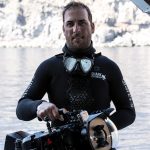
The greatest ocean safari on the planet!
by Morne Hardenberg - 19th October 2016
Every year, over the months of June/July, we spend 40 days on South Africa's "Wild Coast" waiting for the mass…

Shark nets along South African coast threaten rare dolphins
by Mares - 7th October 2016
Negative effect on biodiversity Along the coast of KwaZulu-Natal in South Africa, many dolphins die in gillnets set up to…





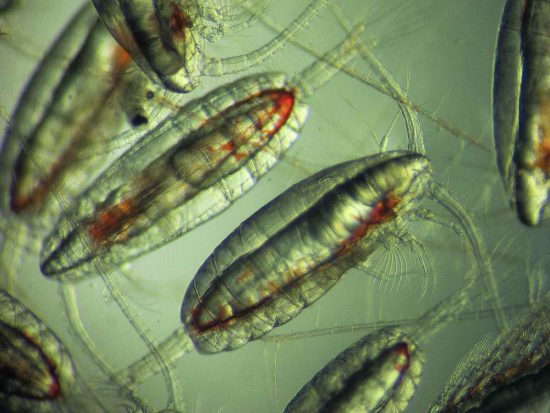

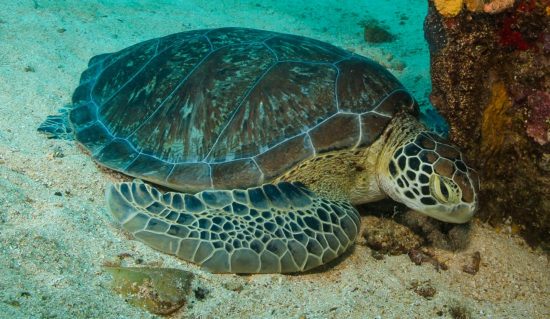
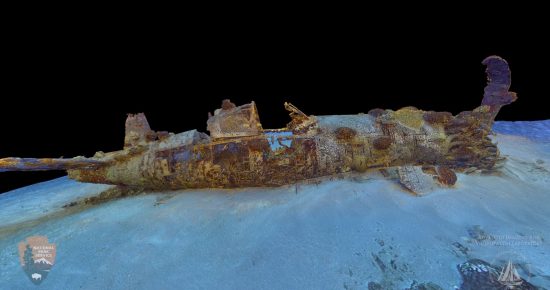
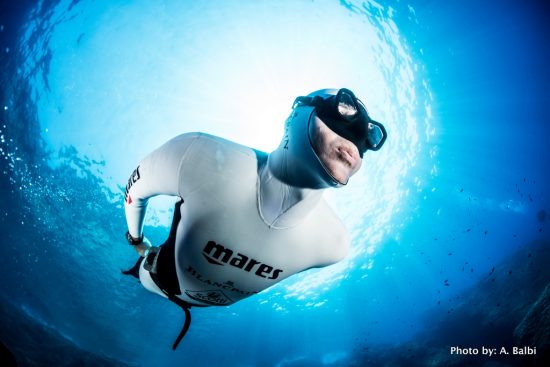
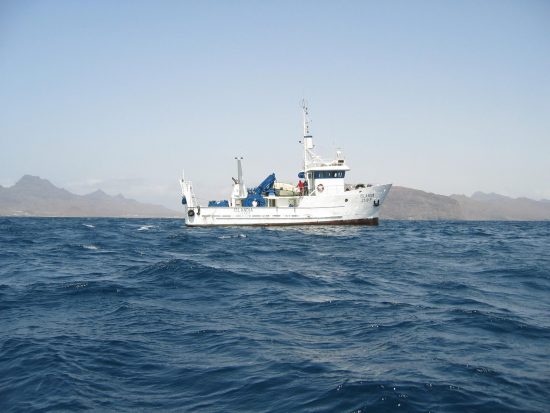
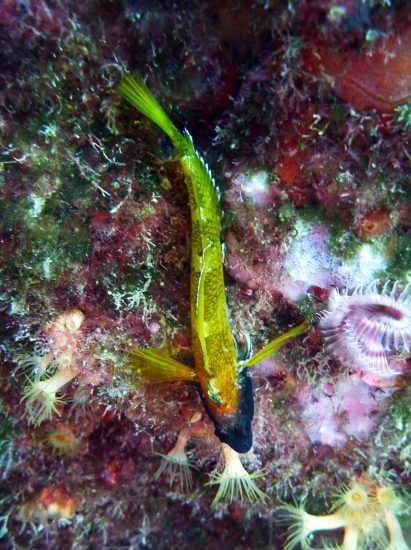
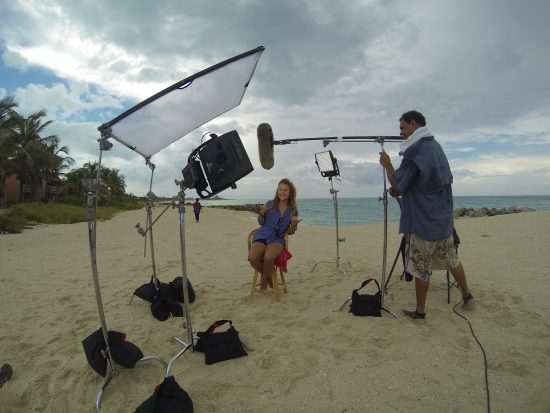
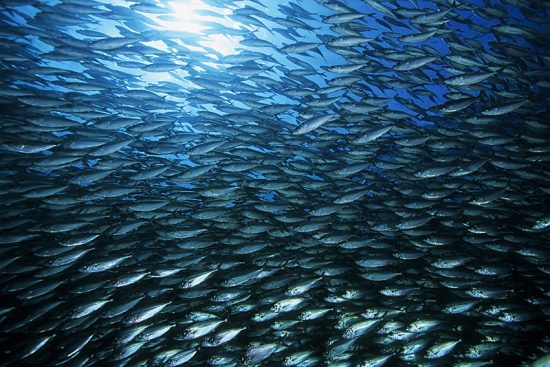
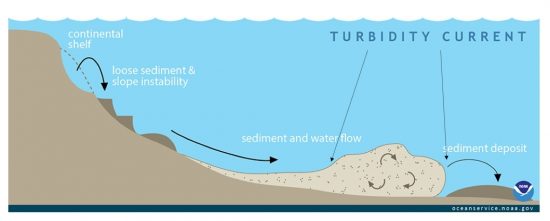
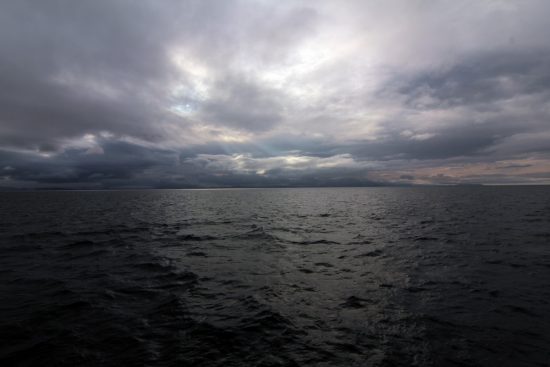

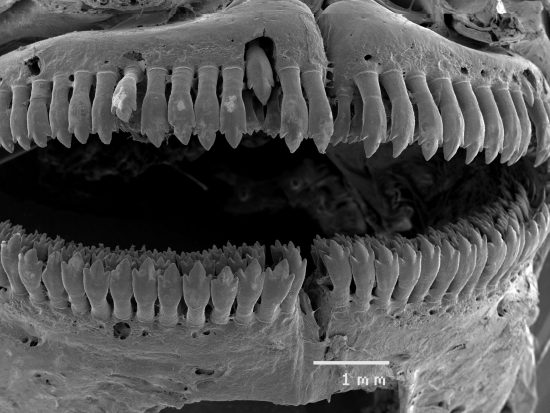
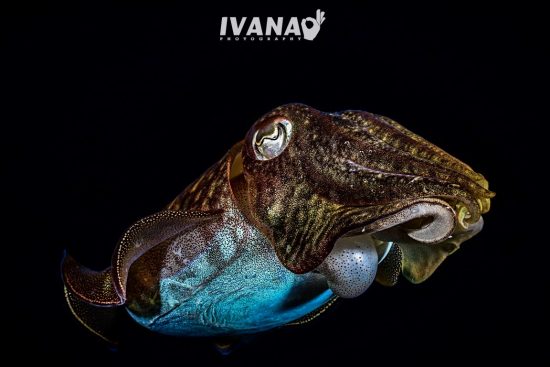
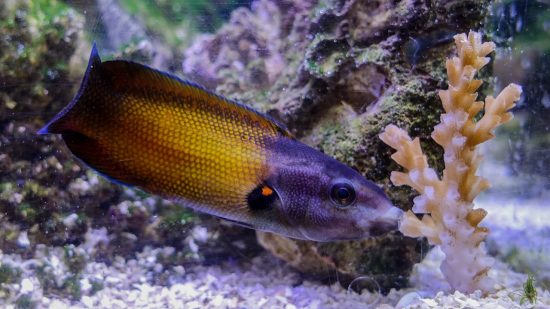
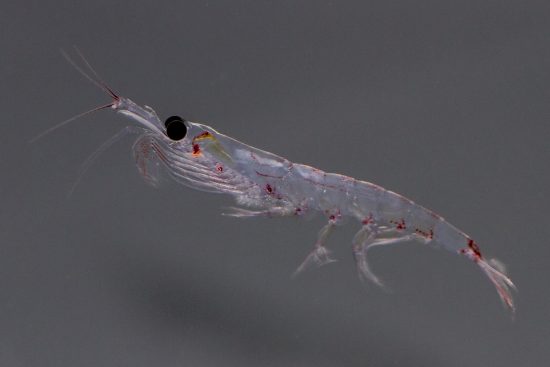
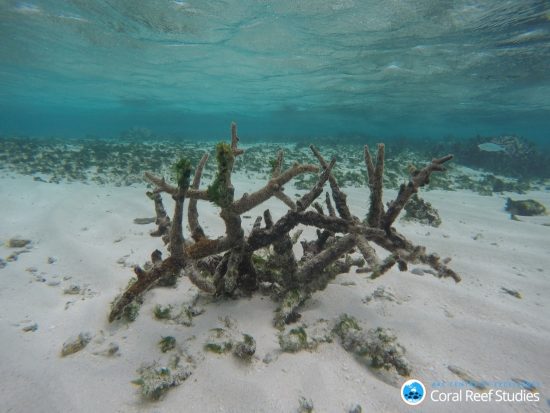
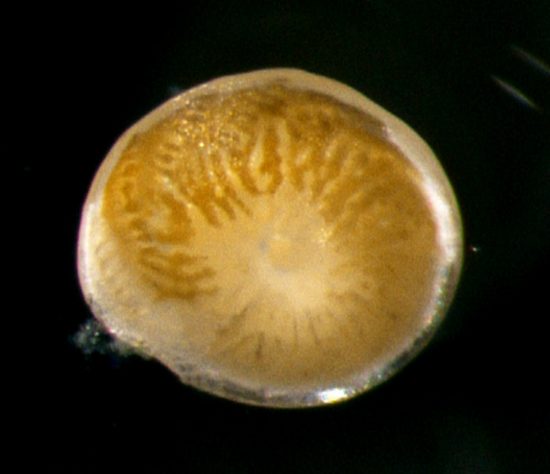
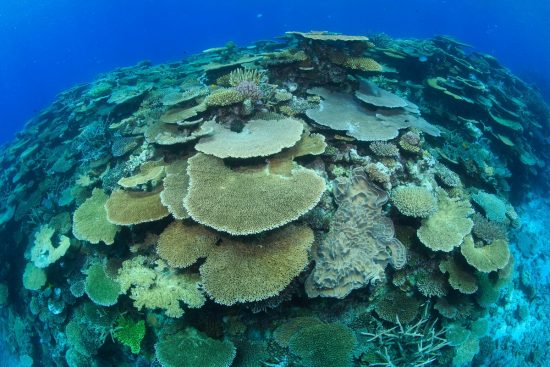
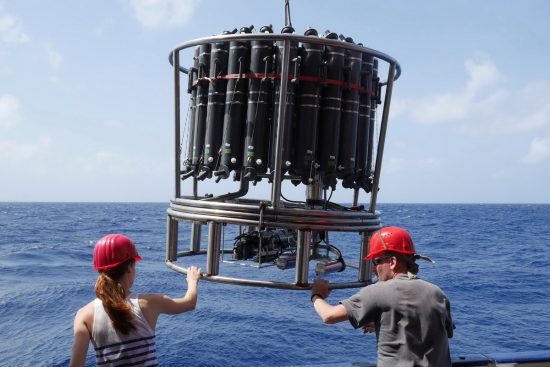
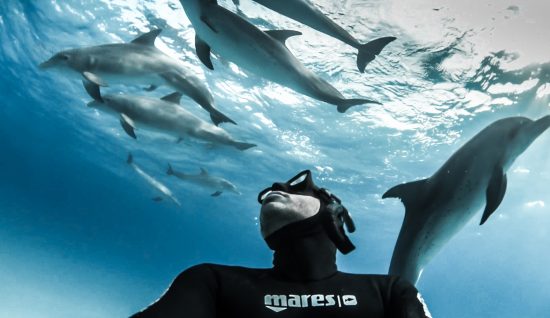
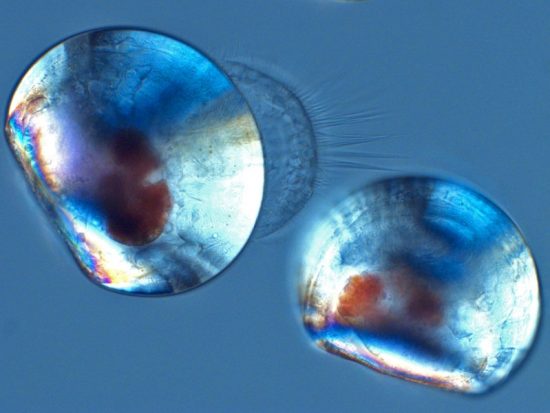
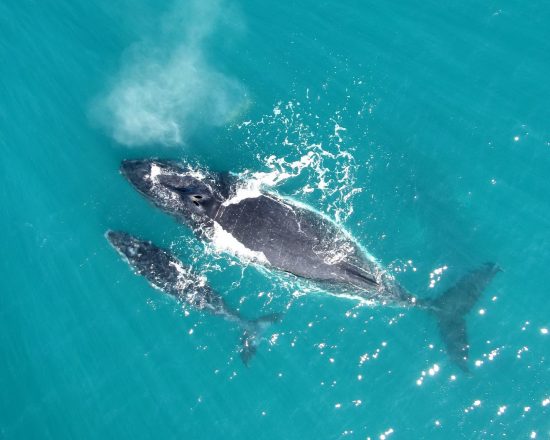
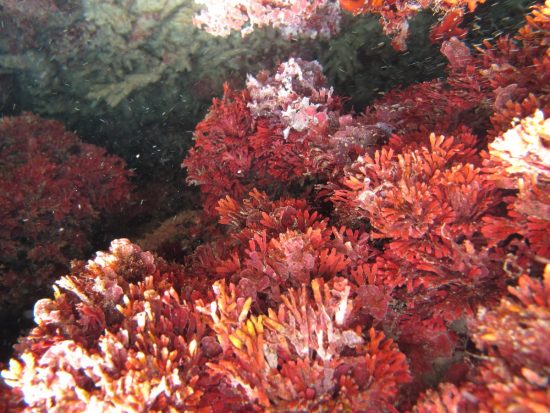
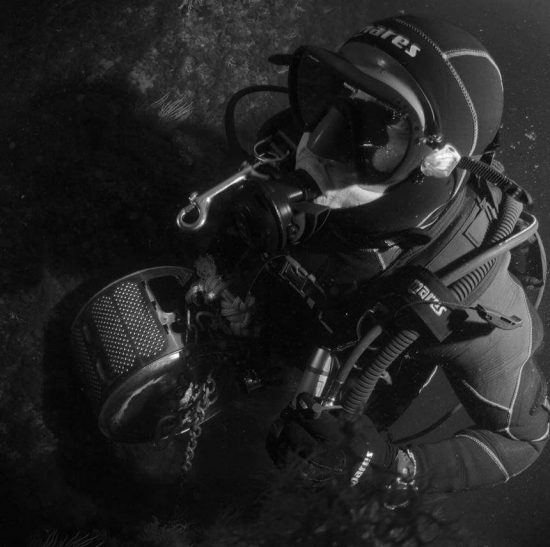
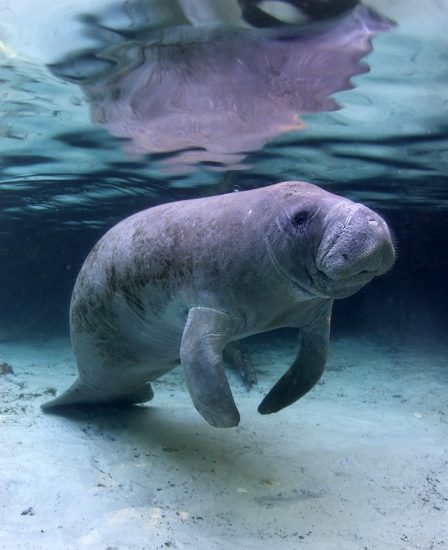
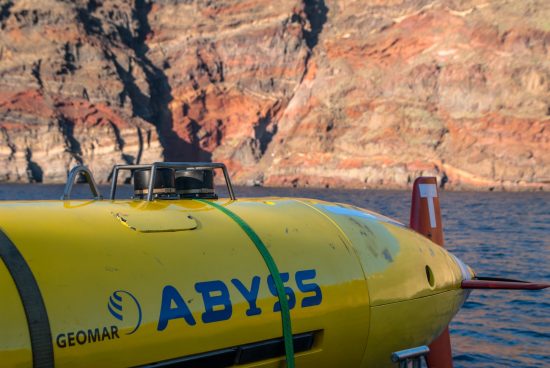
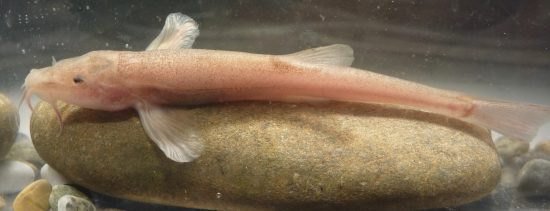
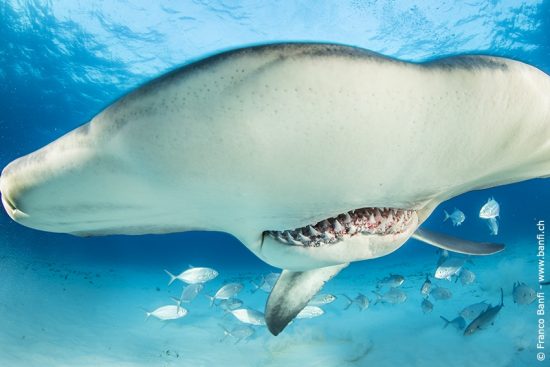
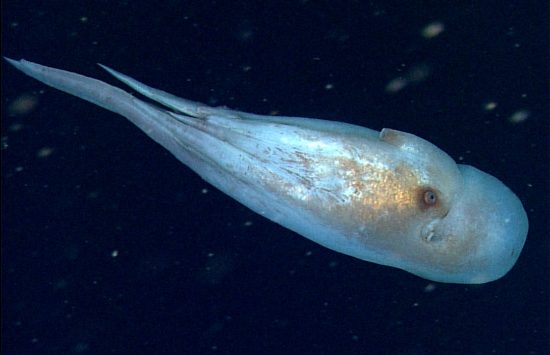
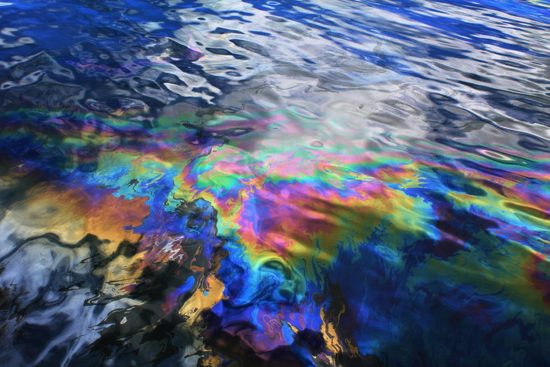
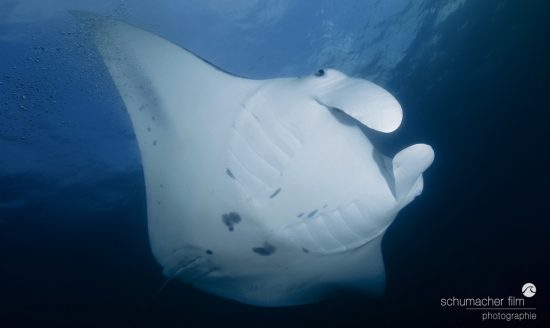
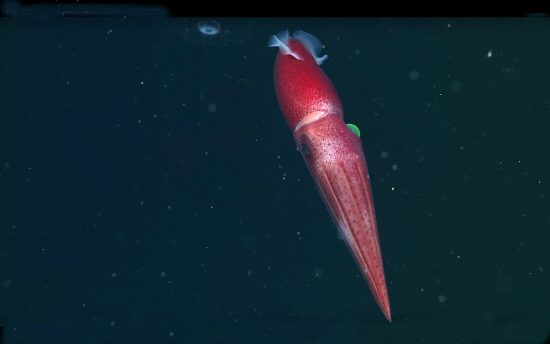
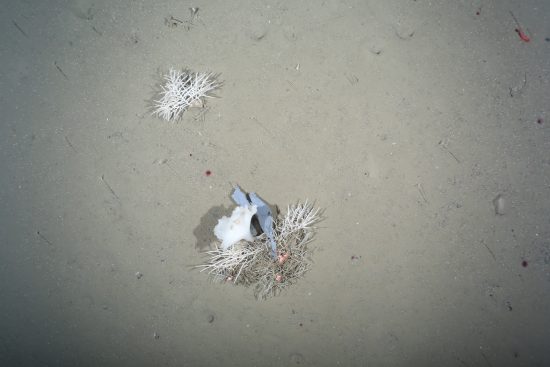
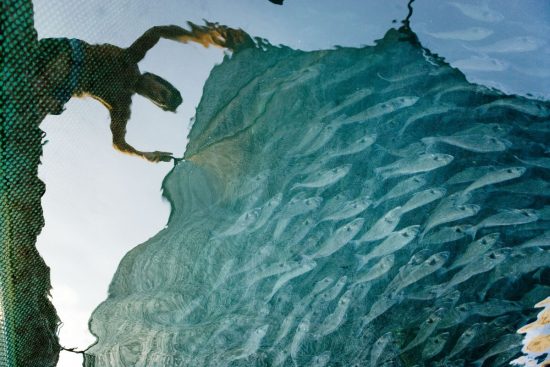
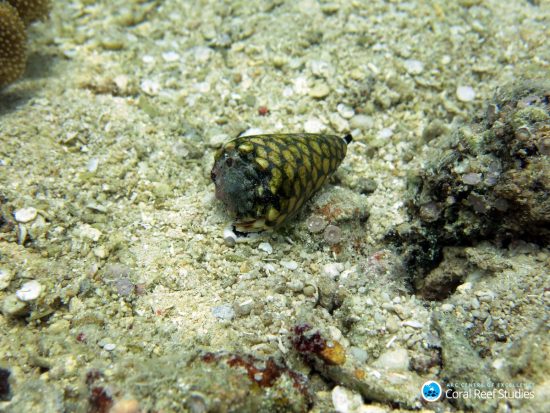
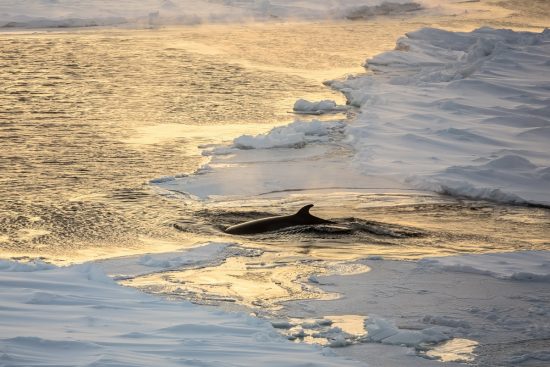
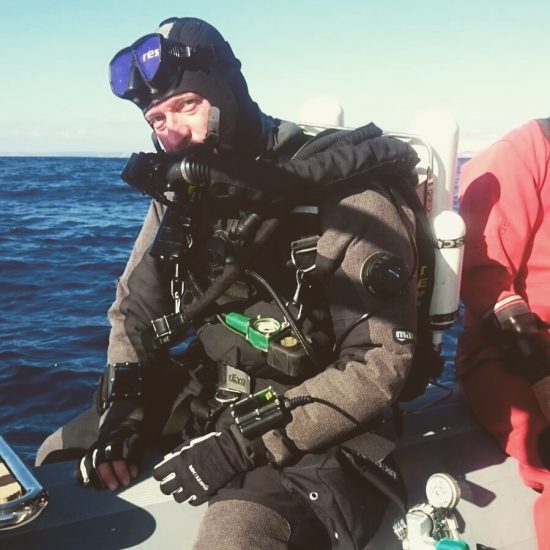
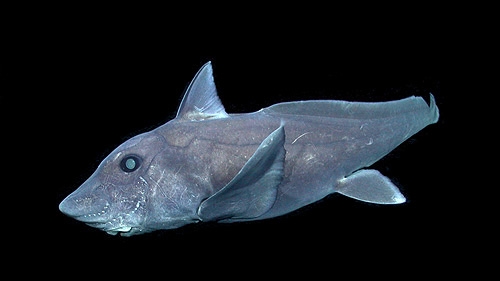
![2016_12_28_Austern_DSC_0488OysterVert[6]](https://blog.mares.com/wp-content/uploads/2017/01/2016_12_28_Austern_DSC_0488OysterVert6-550x365.jpg)
